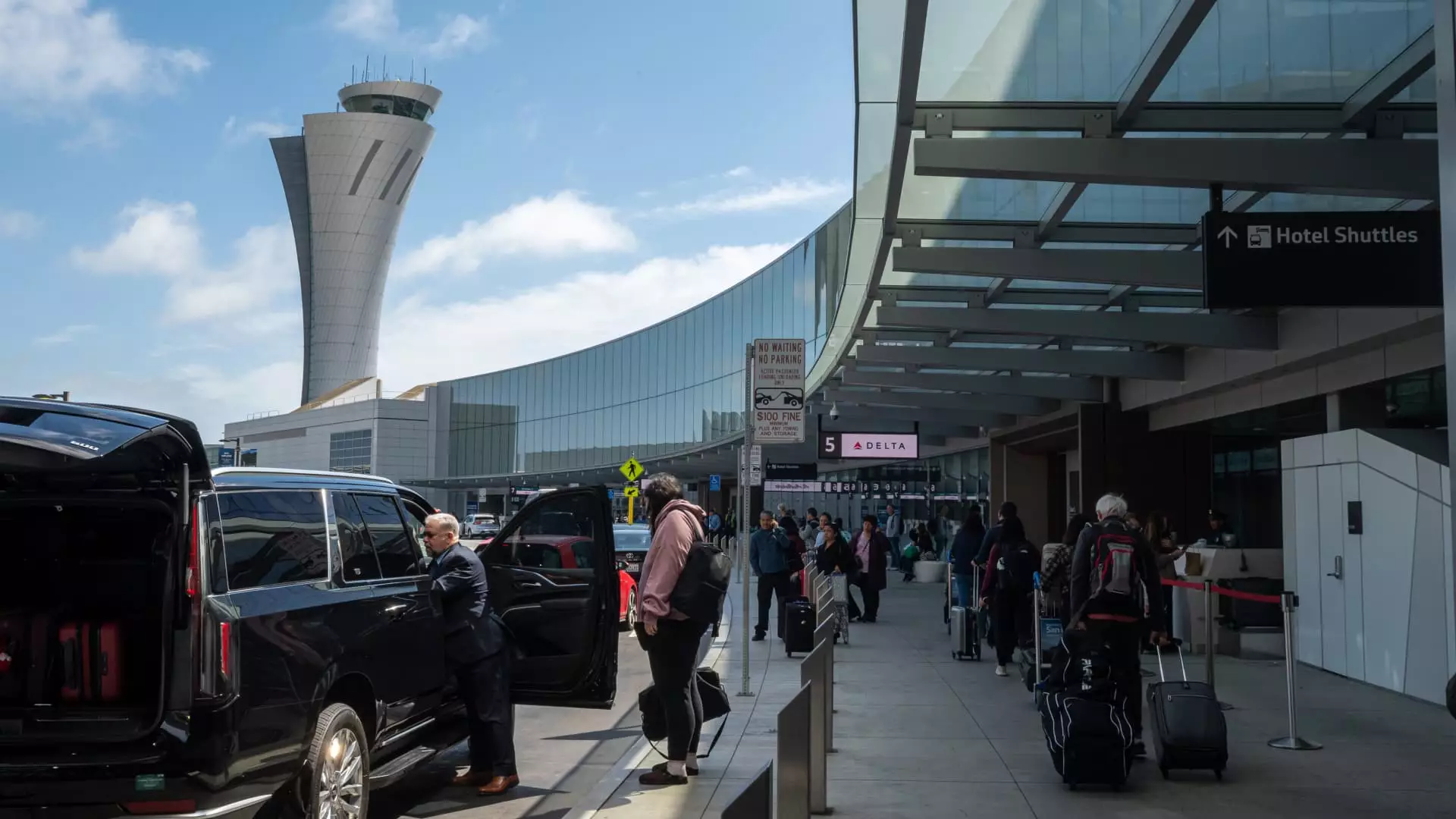The recent detention of Tae Heung “Will” Kim at San Francisco International Airport embodies the stark realities of a system increasingly detached from principles of justice and empathy. For over a week, a man who has spent most of his life in the United States was subjected to inhumane treatment—sleeping upright, living off airport food, and navigating a bureaucratic maze that stripped him of dignity. Such experiences call into question the legitimacy of a system that devalues human rights in favor of strict enforcement measures, especially against individuals who have contributed profoundly to their communities.
Kim’s case highlights how current immigration policies, under the guise of security, have often become tools for punitive actions rather than pathways for justice. Despite his long-standing residence since childhood, his detention was fueled not by clear criminal intent but by outdated legal stipulations—legacy charges from a misdemeanor years ago, which he had already addressed legally. Yet, these minor infractions are exploited to justify prolonged detention, revealing a punitive mentality that fails to consider context or rehabilitation. This approach, cloaked in national security concerns, risks dehumanizing individuals who have integrated into American society and have personal stakes in their communities’ wellbeing.
The Flaws of a System That’s Lost Its Humanity
The manner in which Kim was held—shoved into windowless rooms, kept isolated, and denied proper medical care—illustrates a systemic failure to uphold basic human rights. The airport, inherently a transit point, is no substitute for a proper detention facility with legal protections and oversight. Detaining individuals in such limbo strips them of the procedural safeguards that should be guaranteed under the Constitution. Detention without due process, especially for a person who has lived in the U.S. nearly all his life, demonstrates a profound failure to distinguish between threats and civil rights.
Furthermore, the opaque nature of immigration enforcement fosters a climate of fear and mistrust. Kim’s inability to contact his family or attorney during crucial moments shows how policies prioritize holding people in administrative limbo over meaningful legal counsel. The silence from authorities further underscores the disregard for individual circumstances and the importance of transparency and accountability in law enforcement.
The Political Will and Its Discontents
Kim’s ordeal cannot be divorced from the larger political context—an era marked by aggressive immigration crackdowns under the Trump administration’s enforcement measures. While those policies aimed to curb illegal crossings or address criminal elements, they often cast too wide a net, ensnaring individuals with no criminal intent or threat. Many, like Kim, are long-term residents, contributing members of their communities, who find themselves collateral damage in an ideological crusade.
The hypocrisy is glaring: these enforcement efforts often clash with American values of fairness and opportunity. Instead of focusing on meaningful reform and pathways to citizenship, the system has become more about intimidation and deterrence, fostering division rather than unity. Justice should not be measured by detention rates but by how well the system balances security with compassion. Kim’s case exemplifies the need for reform that critically examines who gets targeted, how they are treated, and whether policies serve the country’s best interests or simply perpetuate fear.
Reimagining Immigration Policy for Humanity and Justice
This incident underscores the pressing necessity for a paradigm shift in how we approach immigration. The focus should shift from enforcement to empathy—recognizing that behind every detention is a person with history, family, and potential. A justice-oriented system would prioritize alternatives to detention, especially for individuals like Kim, whose violations are minor and have been legally addressed.
Moreover, an overhaul must include transparent procedures, accountability, and respect for due process. Detaining residents for weeks without legal recourse or proper medical care is a breach of fundamental rights and damages America’s moral standing. Policies rooted in center-left liberal values would advocate for reform that seeks inclusion rather than exclusion, that recognizes the humanity in every individual, and that respects the bonds they have forged in their adopted homeland.
In essence, Kim’s story is a cautionary tale about a system that has drifted away from its foundational ideals. Now is the time to demand compassionate reforms that prioritize justice, dignity, and the recognition that the core of American identity should be inclusion and fairness—not fear and disproportionate punishment.


Leave a Reply